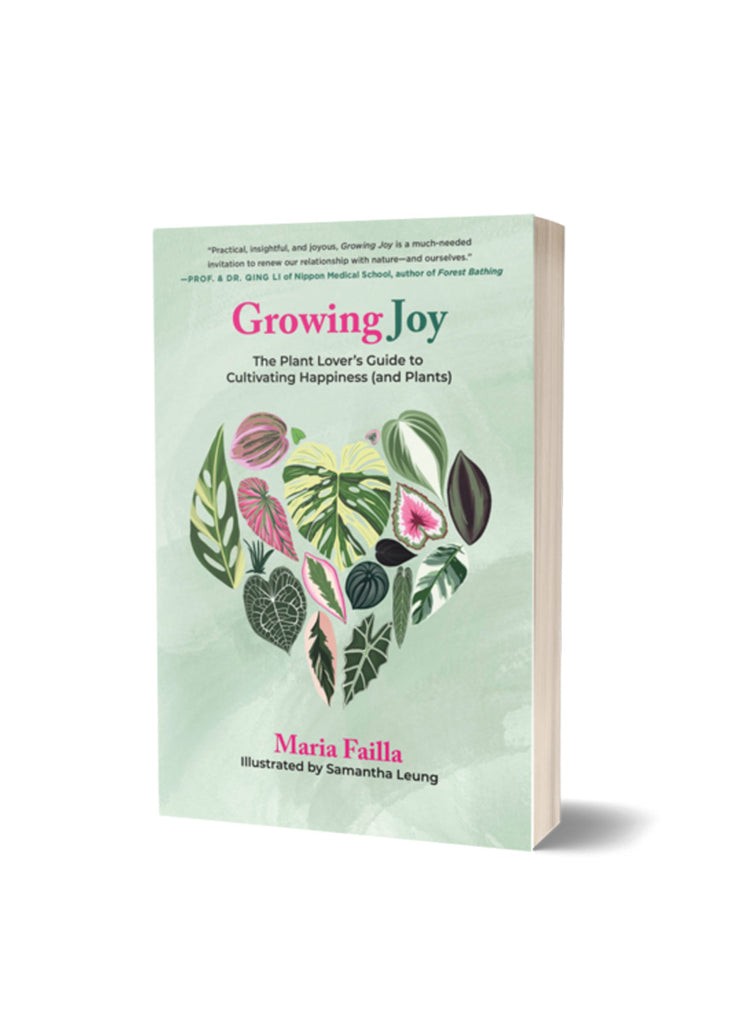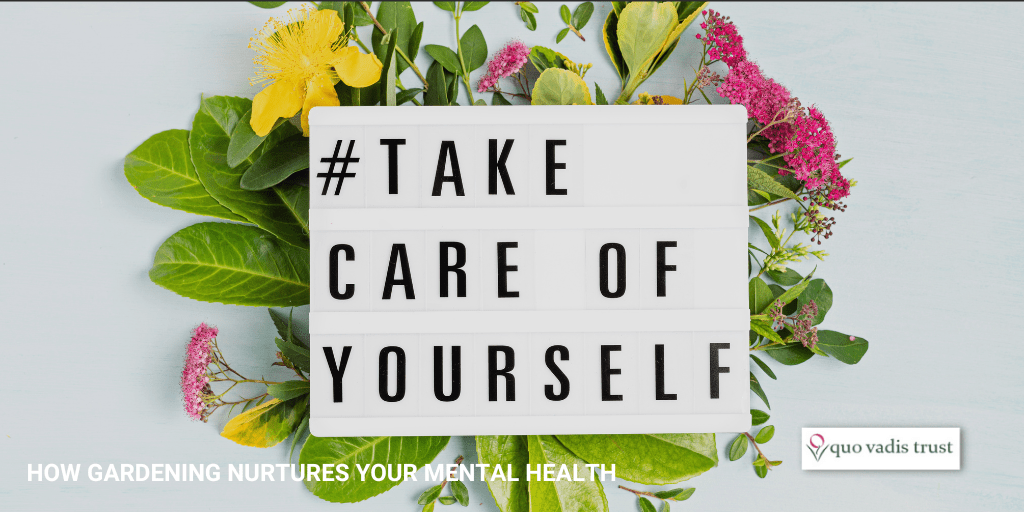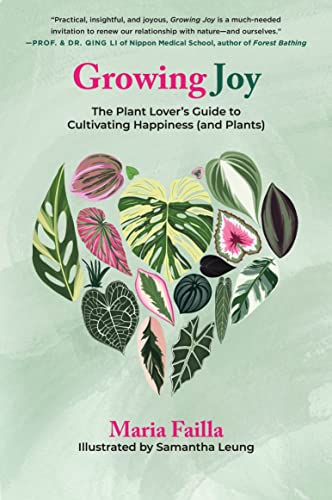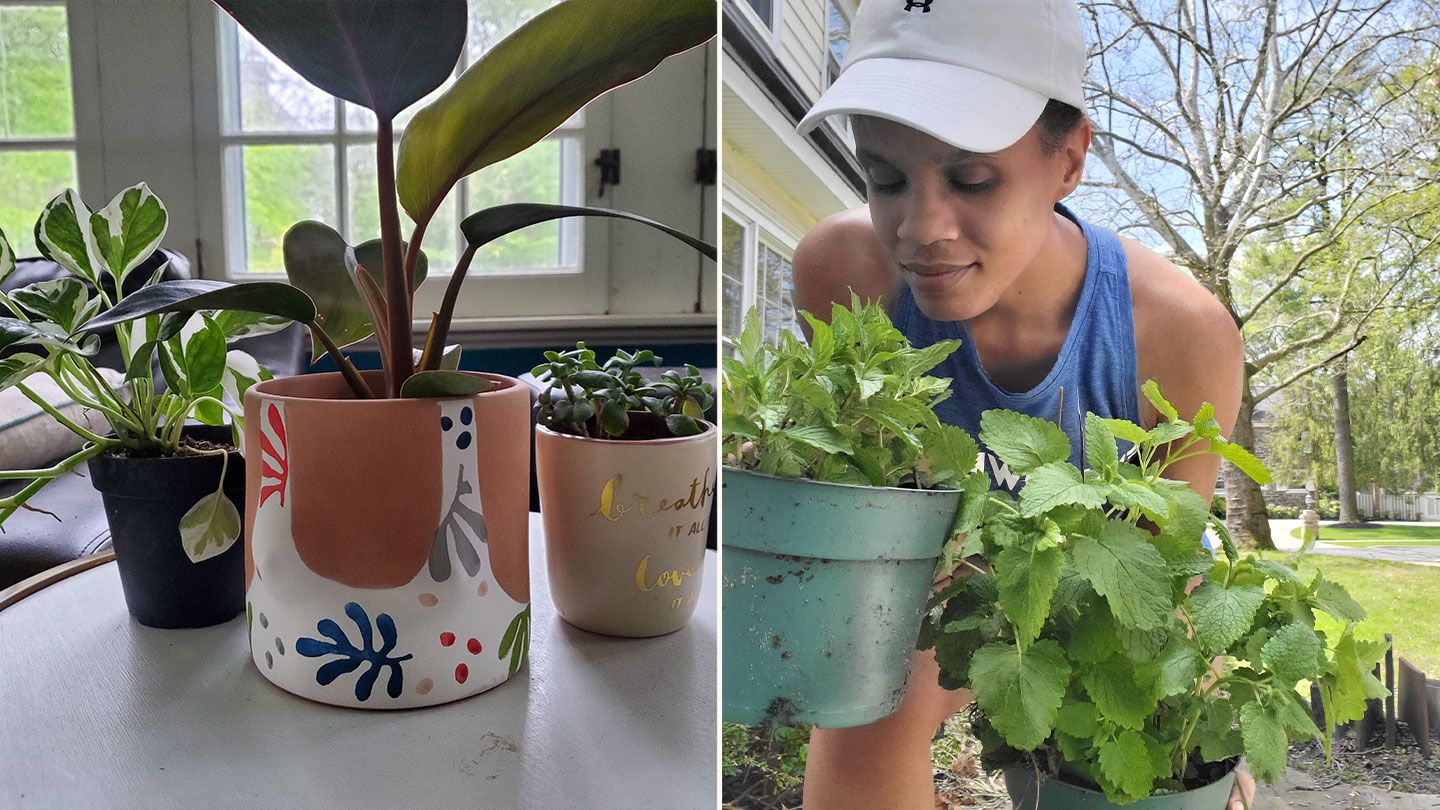Cultivating Joy: Self-Care Tips For Gardeners
If you’re an avid gardener, you know firsthand the joy and satisfaction that comes from spending time in nature, tending to your plants and watching them thrive. However, amidst the demands of maintaining a garden, it’s easy to neglect your own well-being. In this article, we’ll explore self-care tips specifically tailored for gardeners, helping you cultivate not just flourishing gardens, but also a sense of joy and fulfillment in your own life. From taking breaks to connect with nature, to incorporating mindfulness practices, get ready to discover how to cultivate joy in and out of your garden.
The Benefits of Gardening for Mental Health
Gardening has numerous benefits for your mental well-being. It is a wonderful way to reduce stress and anxiety levels, providing a sense of calm and tranquility. Spending time in nature and engaging with plants and flowers can have a profound impact on your mood, improving overall mental well-being. Additionally, gardening allows you to practice mindfulness and promotes relaxation, as you focus on the present moment and connect with the natural world around you.
Reducing stress and anxiety levels
Gardening acts as a stress reliever, allowing you to find solace in nature and escape from the pressures of daily life. The soothing sounds of birds chirping and the gentle breeze can provide a much-needed respite from the fast-paced world we live in. The repetitive tasks, such as pruning or weeding, can also have a meditative effect, helping to calm your mind and reduce anxiety levels.
Improving mood and overall mental well-being
Engaging in gardening activities releases endorphins, the “feel-good” chemicals in your brain, which can significantly improve your mood. The sense of accomplishment from seeing your plants thrive and blossom brings a deep sense of satisfaction and joy. Gardening also offers a sense of purpose, as you nurture and care for your plants, giving you a positive focus and increasing your overall mental well-being.
Increasing mindfulness and promoting relaxation
Gardening is an excellent opportunity to practice mindfulness, which involves being fully present in the moment and paying attention to your senses. As you tend to your garden, you can immerse yourself in the sights, sounds, and smells around you, fostering a state of mindfulness. This can provide a deep sense of relaxation, allowing you to let go of worries and stresses and fully embrace the present moment.
Creating a Tranquil Garden Space
To maximize the mental health benefits of gardening, it is essential to create a tranquil garden space where you can fully unwind and find peace. Designing a peaceful layout is the first step in creating such a space. Consider using gentle curves and flowing lines in your garden design to create a sense of harmony and balance. Avoid clutter and overcrowding, as simplicity can contribute to a calming atmosphere.

Incorporating calming elements
In addition to the layout, incorporating calming elements in your garden can further enhance its tranquility. Consider adding a water feature such as a small pond or a fountain, as the sound of flowing water can have a soothing effect on your mind. You can also include wind chimes or gentle music to create a relaxing ambiance. These elements can help create a serene atmosphere and promote a sense of peace in your garden.
Adding comfortable seating areas
To fully enjoy the tranquility of your garden, it is important to have comfortable seating areas where you can relax and unwind. Consider adding benches or hammocks in shaded areas, allowing you to sit and enjoy the beauty of your garden. Adding cushions and blankets will make these seating areas even more inviting and cozy, encouraging you to spend more time outdoors and benefit from the therapeutic effects of your garden.
Choosing the Right Plants
Selecting the right plants for your garden not only contributes to its visual appeal but also enhances the mental health benefits of gardening. Opt for low-maintenance plants that require minimal effort and time to care for. This will ensure that your gardening experience remains enjoyable and stress-free.
Selecting low-maintenance plants
Low-maintenance plants are ideal for those who have busy lifestyles or are new to gardening. Look for plants that are drought-tolerant and can thrive in your local climate conditions without the need for constant watering or intensive care. Native plants are often a good choice, as they are adapted to the local environment and require less maintenance.
Opting for colorful and vibrant flowers
Adding colorful and vibrant flowers to your garden can have a positive impact on your mental well-being. The vibrant colors are visually stimulating and can evoke feelings of joy and happiness. Choose a variety of flowers that bloom at different times of the year, ensuring a continuous display of color and beauty in your garden.

Growing herbs for sensory pleasure
Growing herbs in your garden not only adds to its aesthetic appeal but also provides sensory pleasure. The aroma of herbs such as lavender, rosemary, and mint can have a calming effect on your mind, reducing stress and promoting relaxation. Engaging your senses through the scents, textures, and tastes of herbs can provide a unique and fulfilling gardening experience.
Engaging the Senses
Engaging your senses in the gardening process can further enhance the mental health benefits. Creating a sensory garden that appeals to all of your senses allows for a more immersive and therapeutic experience.
Creating a sensory garden
A sensory garden is designed to stimulate all of your senses, creating a multi-sensory experience. Consider incorporating plants that have unique textures, such as fuzzy leaves or smooth bark, allowing you to touch and feel different surfaces. Planting flowers with vibrant colors and distinct scents will appeal to both your sense of sight and smell. Additionally, include plants that make gentle sounds, such as tall grasses rustling in the wind.
Using fragrant plants
The sense of smell plays a significant role in our emotions and well-being. Including fragrant plants in your sensory garden can have a positive impact on your mood and relaxation levels. Fragrant flowers such as roses, jasmine, and lavender can release calming scents that promote a sense of tranquility and reduce stress. Consider planting these fragrant flowers in locations where their scents can be easily enjoyed, such as near seating areas or garden pathways.
Incorporating texture and touch-friendly plants
The tactile experience of gardening can be incredibly grounding and beneficial for your mental health. Incorporate plants with diverse textures, such as soft leaves, rough bark, or velvety petals, allowing you to experience different sensations. Ornamental grasses, lamb’s ear, and succulents are just a few examples of plants that offer unique textures for touch-friendly gardening. Engaging with these plants can bring a sense of connection to the natural world and promote relaxation.

Prioritizing Self-Care
While gardening can bring numerous benefits to your mental health, it is important to prioritize self-care throughout the process. By setting realistic goals, taking breaks, and avoiding overexertion, you can ensure that gardening remains a positive and enjoyable experience.
Setting realistic goals
When it comes to gardening, it is important to set realistic goals that align with your abilities and available time. Start with small projects and gradually increase the complexity as you gain experience and confidence. Setting achievable goals will prevent overwhelm and help you maintain a positive mindset throughout your gardening journey.
Taking breaks and pacing yourself
Gardening can be physically demanding, so it is essential to take regular breaks and pace yourself. Working for extended periods without rest can lead to fatigue and potentially strain or injury. Take time to rest and hydrate, allowing your body to recharge and recover. This will ensure that you can fully enjoy the benefits of gardening without sacrificing your well-being.
Avoiding overexertion
While gardening can be enjoyable, it is crucial to avoid overexerting yourself. Listen to your body and stop or modify activities that cause pain or discomfort. Delegate tasks that may be too strenuous for you, or consider seeking assistance if needed. By prioritizing self-care and avoiding overexertion, you can enjoy gardening as a sustainable and healthy activity.
Gardening Tools and Equipment
Having the right tools and equipment is vital for a successful and enjoyable gardening experience. By investing in ergonomically designed tools, using protective gear, and maintaining and cleaning your gardening equipment, you can ensure safety and efficiency in your gardening practices.

Investing in ergonomically designed tools
Ergonomically designed tools are specifically created to reduce strain and promote ease of use. Look for tools with cushioned handles and adjustable features that can accommodate your unique needs and preferences. Ergonomic tools can significantly minimize the risk of developing muscle strain, joint pain, or repetitive strain injuries, allowing you to garden comfortably and with minimal physical stress.
Using protective gear
Protective gear is an essential aspect of gardening, ensuring your safety and reducing the risk of accidents or injuries. Wear gloves to protect your hands from blisters, cuts, and irritants in the soil. Use a wide-brimmed hat and sunscreen to shield yourself from harmful sun exposure. When handling sharp tools or pruning plants, use safety glasses and appropriate footwear for added protection.
Maintaining and cleaning gardening equipment
Regular maintenance and cleaning of your gardening equipment are necessary for optimal performance and longevity. Clean your tools after each use to prevent the spread of diseases or pests. Sharpen blades regularly to ensure clean cuts and reduce strain on plants. Properly store and organize your equipment to prevent damage and make them easily accessible for future use. Taking care of your gardening tools will save you time and effort in the long run and ensure a seamless gardening experience.
Gardening as Exercise
Gardening provides an enjoyable and effective form of exercise that can contribute to your overall well-being. By incorporating physical activity, stretches, and movements in your gardening routine, you can reap the benefits of an active lifestyle.
Benefits of physical activity in the garden
Gardening involves a range of physical activities such as digging, lifting, and bending, which can increase your heart rate and improve cardiovascular health. Regular physical activity in the garden can also help build strength and endurance, improve flexibility, and maintain a healthy weight. Engaging in gardening as exercise offers a convenient and enjoyable way to stay active and promote overall physical well-being.

Incorporating stretches and movements
Before and after gardening activities, it is important to incorporate stretches and movements to warm up and cool down your muscles. Stretching your arms, legs, and back can help prevent stiffness and reduce the risk of muscle strains. Include gentle exercises such as walking or yoga to further enhance flexibility and promote overall physical fitness. By incorporating these stretches and movements, you can prepare your body for gardening and aid in post-activity recovery.
Preventing strain or injury
While gardening can be beneficial for physical health, it is important to take precautions to prevent strain or injury. Lift heavy objects correctly by using your leg muscles instead of straining your back. Avoid repetitive motions that can cause overuse injuries, such as continuous digging or pruning. Take breaks and change positions frequently to avoid fatigue and muscle strain. By practicing proper body mechanics and listening to your body’s limitations, you can enjoy the physical benefits of gardening while minimizing the risk of strain or injury.
The Importance of Rest and Recovery
Rest and recovery are crucial aspects of gardening that contribute to your well-being and prevent burnout. By taking the time to rest and relax, engaging in other hobbies and interests, and practicing self-compassion, you can maintain a healthy balance between your gardening activities and personal well-being.
Taking time for rest and relaxation
Gardening can be a rewarding but demanding activity. It is essential to take regular breaks and allocate time for rest and relaxation. Use these moments to sit back, appreciate the beauty of your garden, and recharge your mind and body. Whether it’s enjoying a cup of tea, reading a book, or simply basking in the serenity of nature, these periods of rest will enhance your gardening experience and promote overall well-being.
Engaging in other hobbies and interests
While gardening may be your main hobby, it is important to engage in other activities to maintain a well-rounded lifestyle. Pursue hobbies and interests that bring you joy and fulfillment, such as painting, cooking, or playing a musical instrument. These activities can provide a different outlet for your creativity and contribute to your overall happiness. By striking a balance between gardening and other hobbies, you can avoid burnout and maintain a healthy sense of self.
Practicing self-compassion
Gardening can be both rewarding and challenging, and it is important to practice self-compassion throughout your gardening journey. Accept that not everything will go as planned and that mistakes happen. Treat yourself with kindness and understanding, acknowledging that you are doing your best. By practicing self-compassion, you can cultivate a positive mindset and fully enjoy the therapeutic benefits of gardening.
Connecting with Nature and Community
Gardening provides a unique opportunity to connect with both nature and your local community. By fostering a sense of connectedness, participating in community gardening, and attending gardening events or workshops, you can enhance your gardening experience and deepen your overall sense of well-being.
Fostering a sense of connectedness
Engaging with nature through gardening allows for a deep sense of connectedness with the natural world. Take the time to observe and appreciate the intricate beauty of plants, flowers, and wildlife in your garden. Consider keeping a journal to document your gardening journey and reflect on the lessons and experiences gained. By fostering a sense of connectedness, you can develop a profound appreciation for the environment and contribute to your mental well-being.
Participating in community gardening
Community gardening is a wonderful way to connect with like-minded individuals and contribute to the local community. Joining a community garden or participating in garden-sharing programs allows you to share your gardening knowledge and experiences, and learn from others. By collaborating with fellow gardeners, you can cultivate a sense of belonging and create meaningful connections within your community.
Attending gardening events or workshops
To further expand your gardening knowledge and connect with fellow enthusiasts, consider attending gardening events or workshops in your area. These events often feature expert speakers, hands-on activities, and gardening demonstrations. By participating in these events, you can gain valuable insights, exchange ideas, and connect with individuals who share your passion for gardening. The experience of learning and growing together can be incredibly enriching and foster a sense of community.
Day-to-Day Garden Maintenance
To keep your garden thriving and to fully enjoy its benefits, it is important to establish a routine for day-to-day garden maintenance. This includes tasks such as watering and fertilizing plants, pruning, and weeding.
Establishing a routine
Establishing a routine for garden maintenance will help you stay organized and keep your plants healthy. Create a schedule for watering and fertilizing plants based on their specific needs. Set aside time each week for pruning and weeding, ensuring that your garden remains tidy and free from pests and diseases. By maintaining a routine, you can effectively manage your garden and prevent overwhelming or neglected areas.
Watering and fertilizing plants
Watering and fertilizing are essential tasks to ensure the vitality and growth of your plants. Understand the watering needs of different plants and adjust your watering schedule accordingly. Monitor soil moisture levels and avoid overwatering, as it can lead to root rot and other plant health issues. Similarly, use appropriate fertilizers and follow instructions to provide the necessary nutrients for your plants. By providing adequate water and nutrients, you can maintain the health and beauty of your garden.
Pruning and weeding strategies
Regular pruning and weeding are necessary to maintain the shape, health, and overall appearance of your garden. Prune plants to remove dead or diseased branches, promoting new growth and improving aesthetics. Weed regularly to prevent unwanted plants from competing for resources and space with your desired plants. Applying mulch can help suppress weeds and conserve moisture in the soil. Implementing proper pruning and weeding strategies will ensure that your garden remains vibrant and well-maintained.
By following these self-care tips and incorporating them into your gardening routine, you can harness the countless mental health benefits that gardening offers. Remember to prioritize yourself, connect with nature and others, and practice mindfulness throughout your gardening journey. Your garden can become a sanctuary for relaxation, rejuvenation, and joy, enriching your mental well-being and overall quality of life.

















